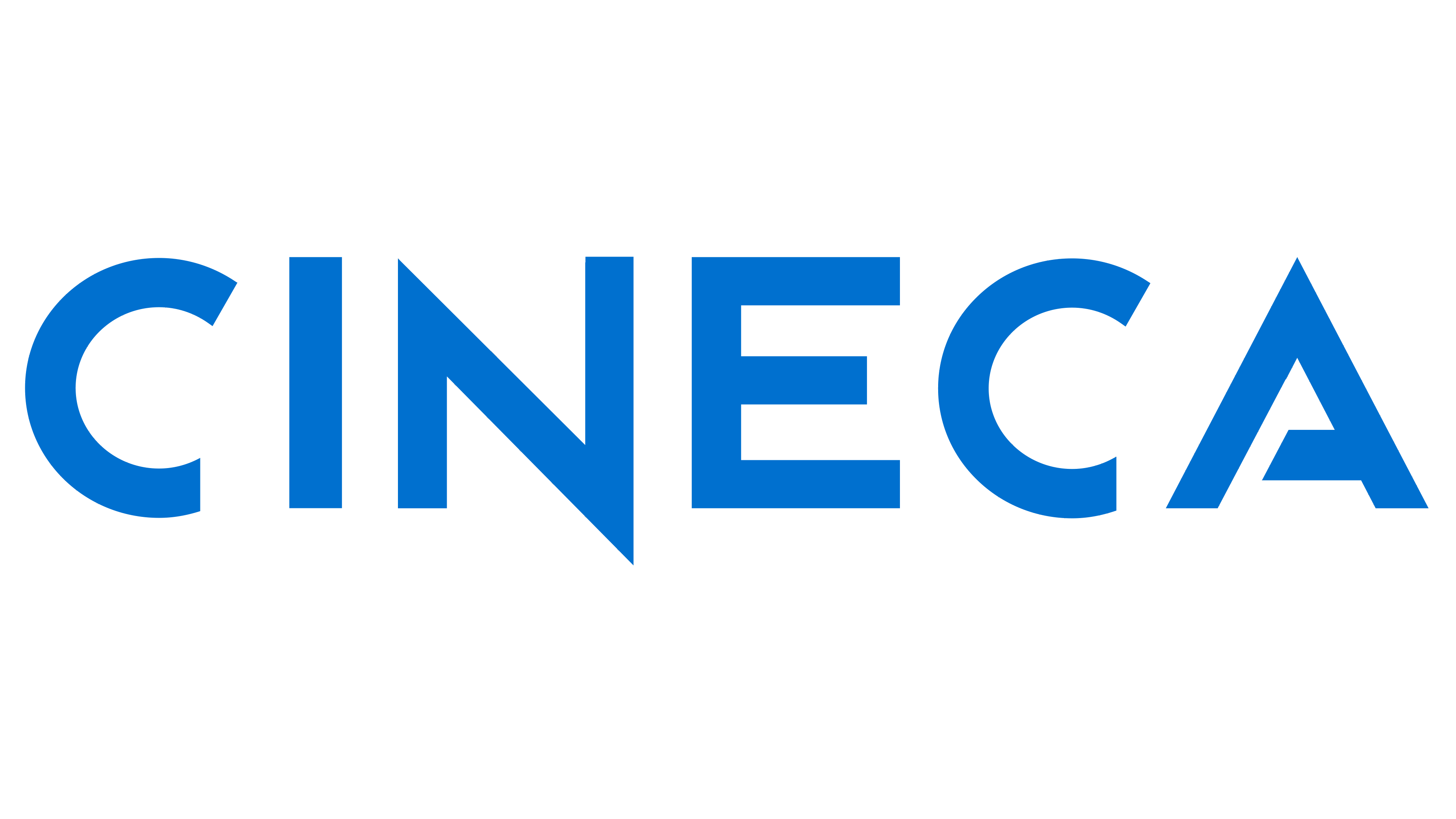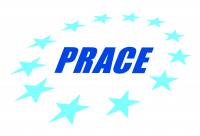Distributed Linear Algebra with Futures.
Getting started with DLAF
Get DLA-Future
If you have git you can clone this repository with the command
git clone https://github.com/eth-cscs/DLA-Future.git
Otherwise you can download the archive of the latest master branch as a zip or tar.gz archive.
Dependencies
- MPI
- pika
- blaspp
- lapackpp
- Intel MKL or other LAPACK implementation
- cuBLAS (optional)
- GoogleTest (optional; bundled) - unit testing
- Doxygen (optional) - documentation
Build using Spack
We provide a spack package dla-future that can be easily added to your own spack as follows:
spack repo add $DLAF_ROOT/spack
This will add a new repository with namespace dlaf.
Example installation:
spack install dla-future ^intel-mkl
Or you can go even further with a more detailed spec like this one, which builds dla-future in debug mode, using the clang compiler, specifying that the pika on which it depends has to be built in debug mode too, and that we want to use MPICH as MPI implementation, without fortran support (because clang does not support it).
spack install dla-future %clang build_type=Debug ^pika build_type=Debug ^mpich ~fortran
Build the old good way
You can build all the dependencies by yourself, but you have to ensure that:
- BLAS/LAPACK implementation is not multithreaded
- pika:
PIKA_WITH_CUDA=ON(if building for CUDA) +PIKA_WITH_MPI
And here the main CMake options for DLAF build customization:
| CMake option | Values | Note |
|---|---|---|
pika_DIR |
CMAKE:PATH | Location of the pika CMake-config file |
blaspp_DIR |
CMAKE:PATH | Location of the blaspp CMake-config file |
lapackpp_DIR |
CMAKE:PATH | Location of the lapackpp CMake-config file |
DLAF_WITH_MKL |
{ON,OFF} (default: OFF) |
if blaspp/lapackpp is built with MKL |
MKL_ROOT |
CMAKE:PATH | Location of the MKL library |
DLAF_ASSERT_ENABLE |
{ON,OFF} (default: ON) |
enable/disable cheap assertions |
DLAF_ASSERT_MODERATE_ENABLE |
{ON,OFF} (default: ON in Debug, OFF otherwise) |
enable/disable moderate assertions |
DLAF_ASSERT_HEAVY_ENABLE |
{ON,OFF} (default: ON in Debug, OFF otherwise) |
enable/disable heavy assertions |
DLAF_WITH_CUDA |
{ON,OFF} (default: OFF) |
enable CUDA support |
DLAF_WITH_HIP |
{ON,OFF} (default: OFF) |
enable HIP support |
DLAF_BUILD_MINIAPPS |
{ON,OFF} (default: ON) |
enable/disable building miniapps |
DLAF_BUILD_TESTING |
{ON,OFF} (default: ON) |
enable/disable building tests |
DLAF_INSTALL_TESTS |
{ON,OFF} (default: OFF) |
enable/disable installing tests |
DLAF_MPI_PRESET |
{plain-mpi, slurm, custom} (default plain-mpi) |
presets for MPI configuration for tests. See CMake Doc for additional information |
DLAF_TEST_RUNALL_WITH_MPIEXEC |
{ON, OFF} (default: OFF) |
Use mpi runner also for non-MPI based tests |
DLAF_PIKATEST_EXTRA_ARGS |
CMAKE:STRING | Additional pika command-line options for tests |
DLAF_BUILD_DOC |
{ON,OFF} (default: OFF) |
enable/disable documentation generation |
Link your program/library with DLAF
Using DLAF in a CMake project is extremely easy!
In the following, the variable DLAF_INSTALL_PREFIX is set to where DLAF is installed. In case you used spack for installing DLAF, you can easily set it with:
export DLAF_INSTALL_PREFIX=`spack location -i dla-future`Then, you can configure your project with one of the following:
# By appending the value to the CMAKE_INSTALL_PREFIX
cmake -DCMAKE_INSTALL_PREFIX=${DLAF_INSTALL_PREFIX} ..
# ... or by setting DLAF_DIR
cmake -DDLAF_DIR="$DLAF_INSTALL_PREFIX/lib/cmake" ..Then, it is just as simple as adding these directives in your CMakeLists.txt:
find_package(DLAF)
# ... and then for your executable/library target
target_link_libraries(<your_target> PRIVATE DLAF::DLAF)
How to generate the documentation
The documentation can be built together with the project by enabling its generation with the flag DLAF_BUILD_DOC=on and then use the doc target to eventually generate it.
# from the build folder, if you have already configured the CMake project
cmake -DDLAF_BUILD_DOC=on .
make docAlternatively, the documentation can be generated independently by using doc/Doxyfile.in, which is a template configuration file in which you have to replace the text ${DLAF_SOURCE_DIR} with the root folder of DLAF containing the source code (e.g. where you cloned this repository).
As a shortcut for this process a doc/Makefile is available, which automatically performs the substitution and then generates the documentation.
cd doc
make doc
Acknowledgements
The development of DLAF library would not be possible without support of the following organizations (in alphabetic order):
 |
CINECA: Cineca Consorzio Interuniversitario |
 |
CSCS: Swiss National Supercomputing Centre |
 |
ETH Zurich: Swiss Federal Institute of Technology Zurich |
 |
PASC: Platform for Advanced Scientific Computing |
 |
PRACE: Partnership for Advanced Computing in Europe As part of IP6 WP8 |